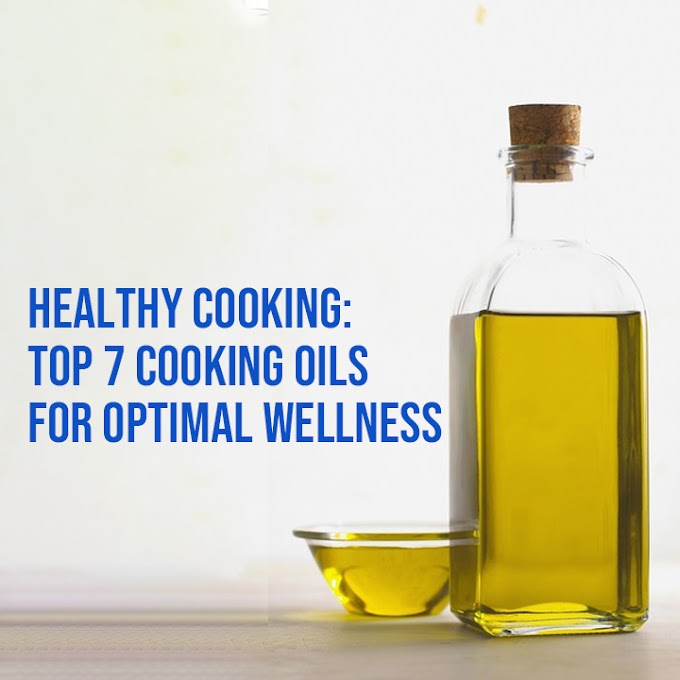The Hidden Danger in Your Tea Cup: Why Plastic Tea Bags Are Harming You and the Planet
When you think of a comforting cup of tea, you probably imagine relaxation, warmth, and a healthy drink. But what if your tea was secretly harming you and the environment? Recent research from the Autonomous University of Barcelona has uncovered some shocking truths about plastic tea bags that might make you rethink your next brew.
The Problem with Plastic Tea Bags
Scientists used advanced laser technology to study what happens when plastic tea bags are steeped in hot water. What they found was alarming: a single plastic tea bag can release billions of tiny plastic particles into your tea. These particles, known as microplastics, are so small that you can’t see them, but they’re there—and they’re a big problem.
The worst offenders are tea bags made from polypropylene, a type of plastic often used to seal tea bags and keep them in shape. Other materials like cellulose and nylon-6 also release microplastics, though in smaller amounts. This means that every time you enjoy a cup of tea from a plastic tea bag, you might be drinking a lot more than just tea.
How Microplastics Affect Your Health
The study didn’t stop at counting microplastics. Researchers also looked at how these tiny particles interact with our bodies. They found that microplastics can affect human intestinal cells, potentially being absorbed into the cell nuclei. This is especially concerning for cells that produce mucus, which play a key role in protecting our digestive system.
Why does this matter? Previous research has linked microplastic exposure to a range of health issues, including:
- Weakened cell function: Microplastics can interfere with how cells work, making them less effective.
- Higher risk of infections: Damaged cells may struggle to fight off harmful bacteria and viruses.
- Inflammatory bowel disease: Microplastics could contribute to chronic inflammation in the gut.
What Can You Do to Protect Yourself?
The good news is that there are simple steps you can take to reduce your exposure to microplastics from tea bags:Switch to Loose-Leaf Tea: Loose-leaf tea is a great alternative to tea bags. It’s often fresher, tastes better, and doesn’t come with a side of microplastics. Plus, it’s usually packaged in eco-friendly materials.
Choose Natural Tea Bags: If you prefer the convenience of tea bags, look for ones made from natural, biodegradable materials like cotton or hemp. These are less likely to release harmful particles into your tea.
Use Filtered Water: Even the water you use to make your tea can contain microplastics. Using a water filter can help reduce this contamination.
A Lesson for the Future
This research isn’t just about tea bags—it’s a wake-up call about the importance of thinking ahead. Many products, like plastic tea bags, are designed for convenience without considering their long-term impact on our health and the environment.
The study reminds us that innovation should always be balanced with careful evaluation. Before new products hit the shelves, we need to ask: Are they safe? Are they sustainable? And what are the potential consequences for our planet and our bodies?
Final Thoughts
Your daily cup of tea should be a source of comfort, not concern. By making small changes, like switching to loose-leaf tea or choosing natural tea bags, you can enjoy your favorite drink without worrying about microplastics.
This research is a reminder that every choice we make as consumers has an impact. By opting for healthier, more sustainable options, we can protect both our health and the environment. So, the next time you reach for a tea bag, take a moment to think: Is it worth the risk?
Let’s raise our cups to better choices—and a cleaner, healthier future. Cheers!





.png)



0 Comments